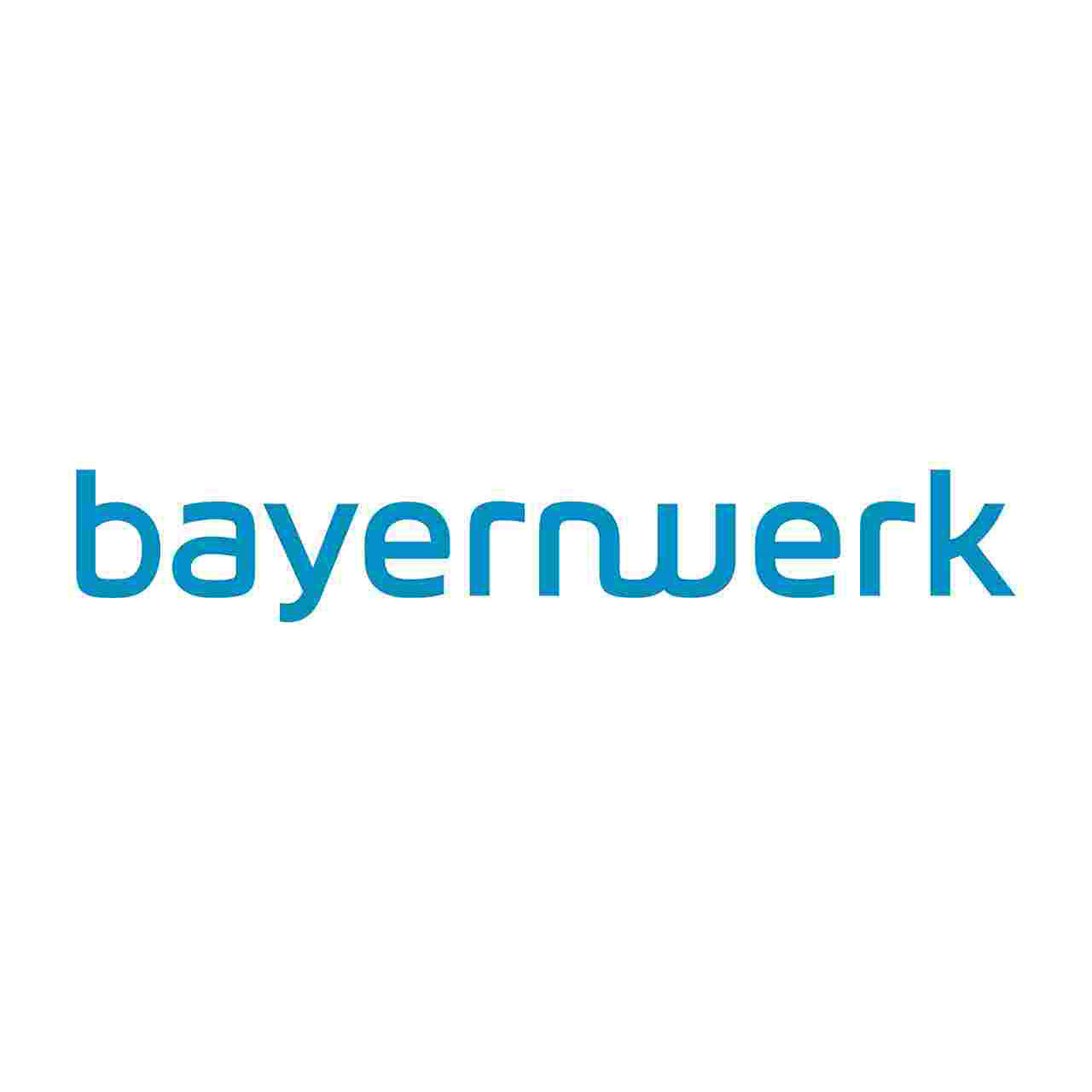Bayernwerk AG, the operator of one of the largest electricity and gas distribution networks in Germany, is a subsidiary of global energy leader E.ON that supports more than 1,200 municipalities across southern Germany.
The company had the idea to create innovative business systems to better leverage existing assets and deliver new digital services faster to members as well as third-party organisations in the energy industry. The utility adopted a co-creation approach to enable a more open environment and worked collaboratively with DXC Technology to develop an innovative business integration platform that supports the quick delivery of new digital services to market.
“Now, the model just works, nobody talks about technology. Business can use the Digital Delivery Factory model as necessary, and the introduction of new business models, products and services can happen very quickly.”
Wolfgang Teichmann Head of Digital Technologies and CIO, Bayernwerk AG
Developing an innovative solution
On the road to digitalise business processes, Bayernwerk AG was faced with filling significant gaps in its legacy platforms. The company was also challenged with figuring out the best ways to use existing grid services to develop new products and services and improve the customer experience and the reusability of its assets and software systems.
Through a comprehensive IT initiative Bayernwerk AG aimed to expand business opportunities within E.ON and to external third parties by providing a broader range of smart energy services. A primary goal of the digital transformation was to change the role of IT to enable business innovation and foster growth.
“We wanted to make IT more relevant to the business,” says Wolfgang Teichmann, head of digital technologies and CIO at Bayernwerk AG. “Our goal was for IT to bring in new ideas to the business and develop innovative solutions and services with new business models.”
Bayernwerk AG embraced a co-creation approach that enables new products, solutions, and services to be developed in a collaborative environment among stakeholders, partners and customers. Key digital initiatives are now operated through the company’s Digital Delivery Factory model, which assimilates leading technologies and providers in a vibrant co-creation environment.
“We wanted to make IT more relevant to the business. Our goal was for IT to bring in new ideas to the business and develop innovative solutions and services with new business models.”
Wolfgang Teichmann Head of Digital Technologies and CIO, Bayernwerk AG
Expanding digital services
“DXC is committed to help Bayernwerk AG with go-to-market solutions and future digital business development with cross-industry products and services,” says Khaled Popal, DXC’s chief technology officer for BAG.
DXC supported Bayernwerk AG to develop and implement a business integration platform called “Socrates,” which provides barrier-free development and collaboration within the Digital Delivery Factory model.
Socrates is a cloud-based platform environment built on a flexible, scalable architecture integrated with the existing E.ON landscape and which can also be extended to offer services to external third parties. Building applications on Socrates supports a fully collaborative effort based on an agile DevOps methodology and tools for both internal and external users, which means resources can be easily accessed by a variety of project teams.
The new digital platform not only allows the company to scale up new services faster, but it also lets the utility tap into emerging technologies such as the internet of things (IoT) to create new business opportunities.
While implementing Socrates, DXC supported Bayernwerk AG to introduce lean and agile IT practices and increase the use of automation. DXC also supported modernising the company’s IT systems, moving from rigid data centers to a public cloud to provide a much broader open platform for faster and easier application development.
Accelerating time to market
The new approach has accelerated application development, with the time to market for new products being reduced from months or weeks to days.
For example, Bayernwerk AG, the second-largest provider of streetlights in Germany, offers a new service that enables municipal customers to use streetlights to gather traffic data that can be used to control speed and improve safety. Energy administrators also can access data on how efficiently streetlights are working and quickly calculate the economic impact of replacing them.
Wolfgang Teichmann Head of Digital Technologies and CIO, Bayernwerk AG
“When a business unit expresses interest in introducing a new product or service, the onboarding of necessary applications and data has become a faster, simpler process,” Teichmann says. “Also, the platform and applications can be transferred to other utilities customers as a modular solution for many different use cases.”
More services and applications will be added, such as the ability to visualise IoT sensor data and other smart technologies. As a result, Bayernwerk AG can sell any kind of service relevant to customers – from e-mobility to smart energy products.
“We have worked with our IT services partner DXC in the past and we know we can trust them to deliver agile solutions to current and future challenges and opportunities,” Teichmann says.
The digital transformation at Bayernwerk AG goes well beyond delivering better business outcomes.
“Now, the model just works, nobody talks about technology,” Teichmann says. “Business can use the Digital Delivery Factory model as necessary, and the introduction of new business models, products and services can happen very quickly.”

